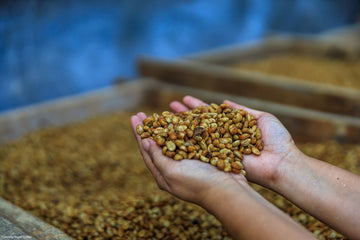Honduras Marcala Proyecto Cabañas Washed
This coffee from the small Proyecto Cabañas co-op sets a bar few washed Central American coffees can reach. It's easy to roast and takes on a wide variety of roast levels well depending on what you like in your cup. At Full Medium, it's rich, balanced and creamy with orange zest brightness on the front. In the cup we tasted ripe red apple, maple syrup, pecans and a touch of vanilla.
Coffee from Marcala has always been a reliable selection for us and this year’s crop from the small Proyecto Cabañas co-op continues to prove the quality of coffee from that region. This coffee is a standard by which other washed Central American coffees should be judged! It’s that reliably tasty cup you reach for when you want a rich, flavorful cup that’s not overwhelming with fruit or in your face with complexity or dripping with sweetness. It’s easy to roast and will take on a wide range of roast levels well, depending on what attributes you like to see in your cup. At a standard Full Medium, it’s balanced, rich and creamy with pleasant orange zest brightness on the front end. We noted flavors of ripe red apple, maple syrup and pecans with a dash of vanilla lingering on the finish. A crowd pleaser and a comforting cup you’ll reach for time and time again.
Reminder! This coffee is raw, you must roast it before brewing
Arrival Date: August 26th, 2022. US Arrival July, 2022
Acidity & Brightness: Gently bright and fairly sweet.
Balance & Finish: Balanced, smooth, nutty finish
Body & Texture: Rich, full bodied and creamy
Flavors: Apples, pecans, maple, vanilla & orange
Grade: SHB, grown at 1650 masl
Processing: Fully Washed (wet) processed
Grower: 65 farmers organized around the San Vicente group
Region: Cabañas, La Paz Department, Honduras
Varietals: Lempira, Catuaí, Ihcafe 90, Pacas
Recommended Roast Range: City+ to Vienna (Light-Medium to Dark)
We like this coffee best at Full City (Medium, between first and second crack), but it will perform well nearly anywhere in the Light to Dark spectrum. Lighter roasts accent bright acidity through notes of orange zest and lemon as well as a more apple focused fruit sweetness. Darker roasts will lose brightness in favor of body as well as bringing out more pecan and maple notes.
Royal Coffee - "The municipality of Marcala, in Honduras’ La Paz department, is a mountainous region with Pacific Ocean climate influence very close to the country’s border with El Salvador. This part of Honduras is extremely well respected for coffee quality. So much so that in 2005 the region received Honduras’ first Denominación de Origen (DO) for coffee, which, similar to American Viticulture Areas (AVAs), certifies the region’s terroir and final products as being authentic so as to protect its exports from adulteration or imitation. The DO designation applies to Honduras’ mountainous southwestern region and includes parts of Intibucá, La Paz, and Comayagua, although it is simply named “DO Marcala” after the central municipality itself, which is considered the region’s capital of coffee heritage. Just like in any gifted, challenging coffee terroir in Central America, farms in the Marcala area range from large and historic to small and familial. The region has a variety of exemplary coffee organizations, from organic cooperatives to private mills and independent producer groups whose organized efforts have brought a lot of recognition to the potential of Marcala’s small farms in recent years. Proyecto Cabañas is one such group. It is a central processing project that currently services 65 small farms across the Cabañas community, a sprawling and remote area in the complex ridgelines along the Honduras-El Salvador border, due south of Marcala city. Participating farms average only 2.5 hectares apiece and are managed by immediate family. The processing project was first established in 2012. Farms across the region were struggling to survive after a roya (coffee leaf rust) outbreak devastated the predominant coffee cultivars in production—cultivars like typica and pacas, both excellent in the cup but highly susceptible to illness. Many of the farms had only recently been established, as coffee in Cabañas was not typically cultivated until the year 2000 when landowners saw the potential of planting it. The newer, state-sponsored hybrids farmers planted to replace their loss, such as Lempira and Ihcafe-90, needed help maximizing quality. San Vicente, a miller, exporter, and marketing group based in Honduras’ Santa Bárbara department, was first introduced to farmers in Cabañas by one of their producers, Alex Ponce, who has family in the region. The project began with only 3 producers, a single pulping machine, and 3 raised beds on a rented plot of land. Now, 10 years later, the group is much larger and the project is producing a wide variety of processing styles. And Alex Ponce is still the general manager of the project.”


















